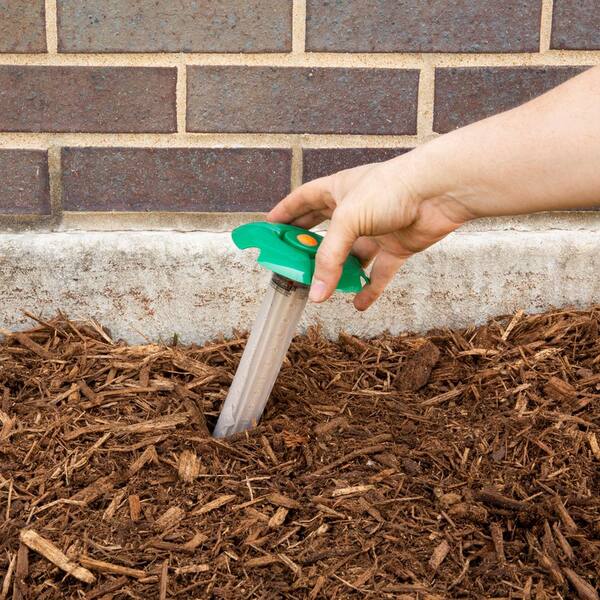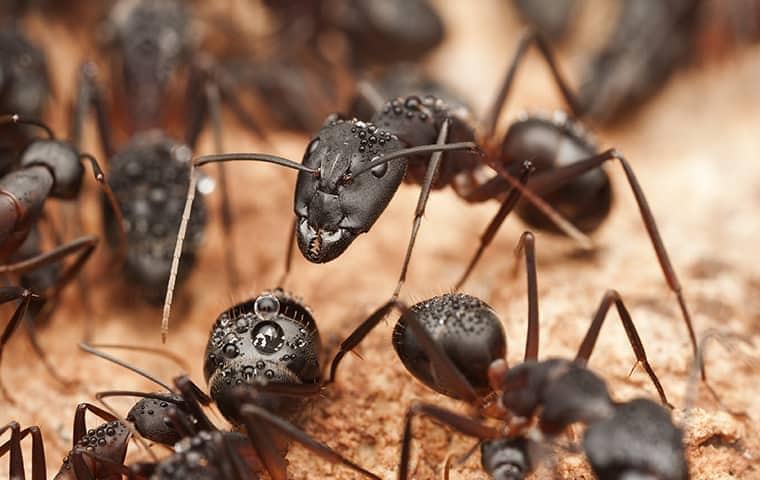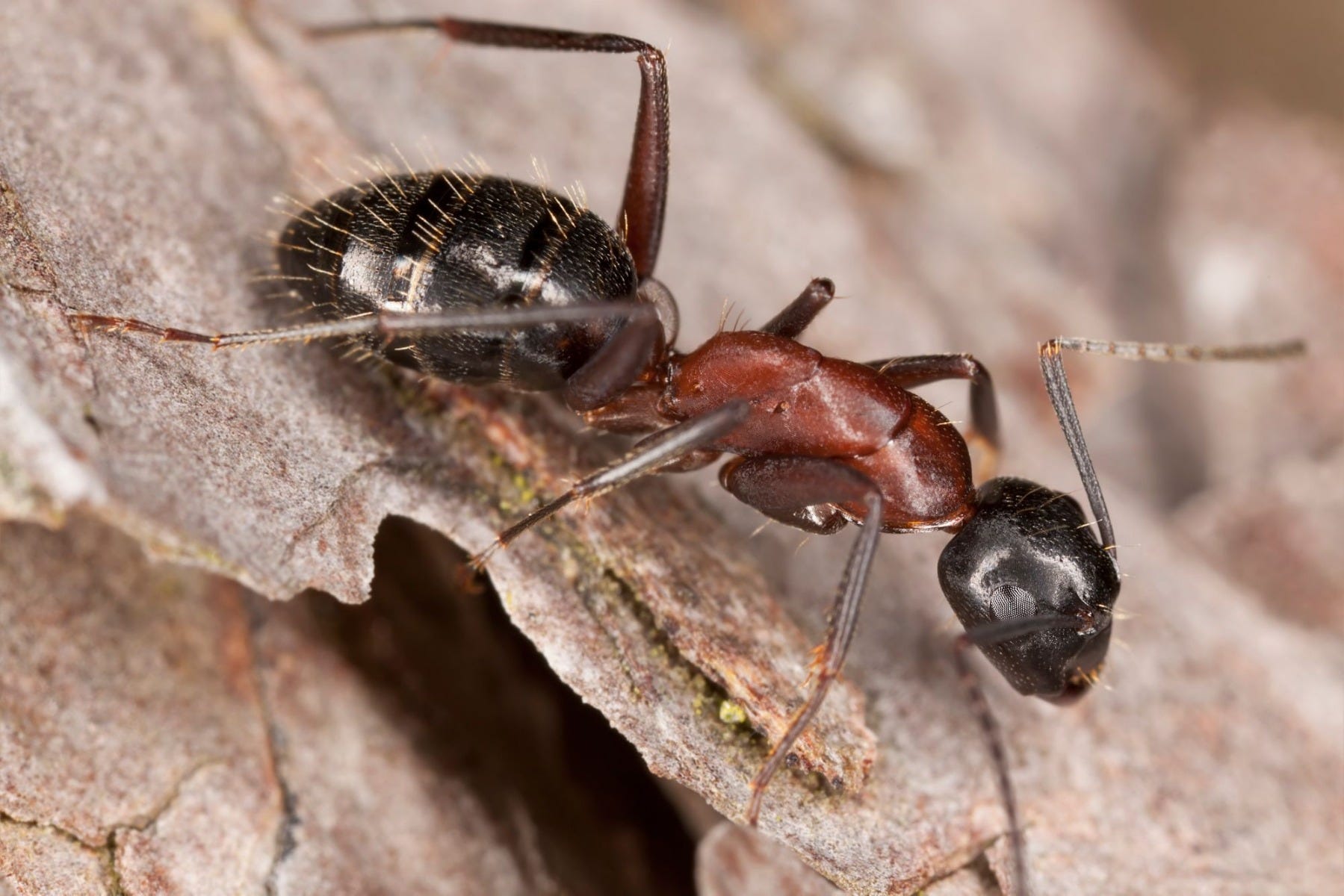Specialist Ant Control Services: Personalized Treatments for Long-term Results
Specialist Ant Control Services: Personalized Treatments for Long-term Results
Blog Article
Environmental Effect of Pest Control: Harmonizing Performance With Sustainability
The environmental impact of parasite control is a vital issue that requires a delicate balance in between attaining efficiency in handling parasites and making certain sustainability of our ecological communities. From the use of harmful chemicals that permeate right into our soil and water to the unplanned consequences on non-target species, the effects of standard parasite control practices are far-reaching.
Dangerous Chemicals in Pest Control
The use of unsafe chemicals in pest control postures significant environmental and health and wellness threats that require cautious factor to consider and reduction methods. Pesticides, herbicides, and pesticides are typically utilized to remove pests, but their prevalent application can bring about unintended repercussions. These chemicals can infect soil, water sources, and the air, affecting not only the targeted bugs however additionally helpful bugs, wildlife, and humans.

To attend to these dangers, integrated insect management (IPM) strategies are being advertised as a much more lasting alternative. IPM entails a mix of techniques such as organic control, environment control, and the targeted usage of pesticides as a last hope (ant control hickory nc). By adopting an alternative method to pest control, we can lessen the ecological and health and wellness influences connected with damaging chemicals while properly handling pest populaces
Effect on Non-Target Species
Taking into consideration the unexpected effects of parasite control techniques, the influence on non-target varieties is an important aspect that needs detailed analysis. While parasite control measures intend to target particular bugs, various other organisms in the ecosystem may be accidentally impacted. Non-target varieties, including helpful pests, birds, animals, and also plants, can experience indirect or direct damage from pesticide applications or biological control approaches.
Pesticides can have deadly or sub-lethal effects on non-target types. For example, pesticides created to battle a specific insect bug might hurt pollinators like bees or all-natural killers such as ladybugs. In addition, chemical residues can build up in the setting, impacting non-target microorganisms in time. Organic control representatives, if not species-specific, can present risks to unintentional targets, disrupting the ecological balance.
To alleviate the influence on non-target species, incorporated bug monitoring (IPM) approaches that highlight an alternative method to pest control are suggested. These methods focus on the usage of eco-friendly practices, lessening harm to helpful microorganisms while successfully managing pest populaces. Performing comprehensive threat assessments and monitoring the outcomes of bug control initiatives are essential actions in protecting non-target types and promoting total community health and wellness.
Soil and Water Contamination
Unintended ecological effects of bug control methods prolong beyond influencing non-target types, with substantial implications for dirt and water contamination. Chemicals, herbicides, and chemical plant foods utilized in pest control can leach into the dirt and infect groundwater, positioning a hazard to both terrestrial and aquatic communities. Dirt contamination can interrupt the equilibrium of microorganisms necessary for vitamins and mineral biking and plant development, causing lowered dirt fertility and performance. Furthermore, these chemicals can continue the environment for extended durations, building up in the dirt and potentially going into the food web.
Water contamination is another vital problem connected with pest control methods. Overflow from farming fields treated with chemicals can lug these chemicals right into nearby water bodies, affecting marine microorganisms and water quality. Pollutants in water sources can have far-ranging effects, impacting not just marine life however also human wellness via the usage of contaminated water or marine microorganisms. To alleviate soil and water contamination from insect control tasks, incorporated insect management methods that focus on sustainability and decrease chemical inputs are vital.
Air Air Pollution From Chemical Usage
Exposure to airborne chemicals during farming applications presents a significant worry for air pollution control actions. In addition, chemical drift, where pesticides are brought by the wind to unexpected areas, can lead to the contamination of nearby communities and water bodies.

Strategies for Lasting Insect Control
In the world of farming techniques, carrying out sustainable parasite control approaches is critical for keeping environmental balance and securing crop yields. Sustainable insect control highlights making use of eco-friendly methods to take care of parasite populaces properly while minimizing harm to non-target organisms and ecosystems. Integrated Pest Management (IPM) is a widely adopted approach that incorporates organic, social, physical, and chemical control techniques to accomplish long-term pest management solutions.
Crop rotation and diversification are likewise effective techniques to disrupt pest life cycles and produce much less favorable conditions for insects to grow. Eventually, by integrating these lasting pest control approaches, farmers can accomplish an equilibrium in between pest management effectiveness and ecological stewardship.
Verdict
In verdict, the environmental effect of pest control approaches should be carefully taken into consideration to balance performance with sustainability. Damaging chemicals used in bug control can result in dirt and water contamination, air contamination, and injury non-target species - termite control. It is crucial to apply sustainable bug control techniques to minimize these unfavorable effects on the environment and advertise a much healthier ecosystem for future generations
By adopting an alternative technique to pest control, we can decrease the ecological and health impacts associated with damaging chemicals while successfully taking care of pest populaces.

To minimize the air contamination triggered by pesticide usage, it is essential next page to embrace integrated insect administration approaches that prioritize the use of non-chemical parasite control methods, such as crop turning, all-natural predators, and resistant plant varieties. Sustainable bug control stresses the use of eco pleasant methods to handle parasite populations properly while lessening injury to non-target microorganisms and environments. Integrated Pest Management (IPM) is an extensively embraced strategy that integrates biological, social, physical, and chemical control approaches to attain lasting bug administration services.
Report this page